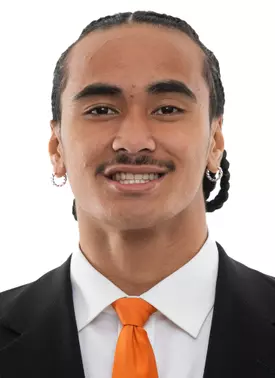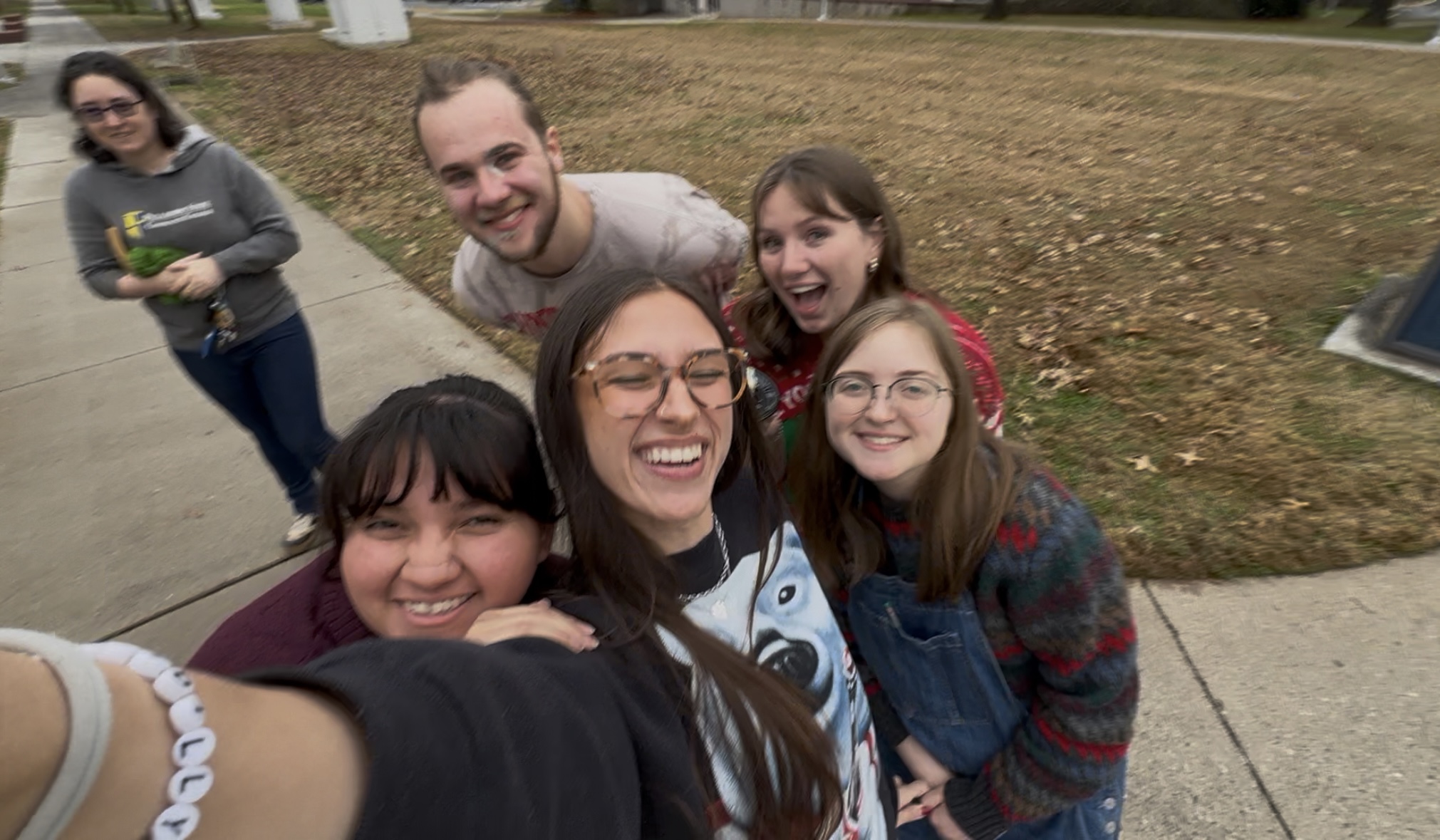By Hayden Ashby, Sports Editor

In the last month, Nico Iamaleava, the former quarterback for the University of Tennessee’s football team, has been the center of attention in the collegiate sports world after he tried to renegotiate his multi-million dollar player contract . Yes, that’s right. Millions. So what exactly has happened in the world of collegiate sports to lead to this? Well, it all stems from something called an NIL deal.
NIL stands for Name, Image, and Likeness, and the concept of NIL deals– the payment of players for their likenesses in merchandise and to promote branding– has floated around the National Collegiate Athletic Association (NCAA) for many years. When it was initially formed in 1906, the NCAA had a focus on maintaining “amateurism” and limited payment to scholarships that covered tuition, room, and board.
The world of college sports exploded in popularity in the 20th century, which caused college teams to become massive money-makers for their associated universities. Today, some of the most popular college sports programs, like Tennessee’s and Alabama’s, are evaluated to be worth hundreds of millions of dollars, while some programs such as Michigan’s and Ohio State’s exceed one billion. This caused discussions regarding player compensation to circulate, and, on July 1, 2021, the NCAA announced that it would adopt NIL policies, allowing players to make NIL deals and further benefit from their collegiate athletic career.
They have certainly benefited. Today’s top earners can easily sign contracts worth millions, with big names in college sports like Arch Manning, Cooper Flagg, and Livvy Dunne all holding deals worth over $4 million, while many others have made deals worth several hundred thousand. While this decision may be great for the players, it has caused quite a bit of controversy about fairness, recruiting advantages, and disputes regarding salary, as is the case with Iamaleava.
As one of the top prospects coming out of high school in the class of 2023, Nico Iamaleava committed to play football for the University of Tennessee and was the university’s starting quarterback going into the 2024 season. He led the team to the College Football Playoff with a 10-3 record, throwing for 2,616 passing yards and 19 touchdowns, according to ESPN. Iamaleava had signed a contract valued at $2.4 million for the season; had he stayed at the University of Tennessee, he would have earned close to $10 million over 4 years.
Despite playing a solid season at Tennessee and becoming a self-made millionaire as a teenager, Iamaleava was still not satisfied with his contract and on December 28, 2024, he reached out to the Tennessee NIL collective, Spyre Sports Group, to renegotiate his salary, aiming to increase it to about $4 million for the 2025 season. Although sources close to Iamaleava denied this action, it did strain the relationship between him and Tennessee football head coach Josh Heupel. After skipping a practice on April 11, 2025, Iamaleava was ultimately dismissed from the team the following day. Entering the transfer portal, Iamaleava has committed to play for the UCLA Bruins football program starting this summer. Ironically, former UCLA quarterback Joey Aguilar is expected to join the Tennessee Volunteers for the 2025 season.
The situation between Nico Iamaleava and the University of Tennessee football program has certainly exposed the dark side of NIL deals in collegiate sports, and has sparked controversy on the introduction of NIL deals in the NCAA, blurring the line between amateur and professional sports. Collegiate sports are no longer about development as both an athlete and a student, but rather greed and leveraging oneself for financial gain; athletes are no longer choosing schools based on academics, but rather on which school will pay them the most. Until the NCAA establishes clearer regulations and creates new NIL laws, college sports risk spiraling further out of control as payouts continue to skyrocket.
But how do NIL deals affect the players? They have allowed student athletes a shot at big time contracts right out of high school. Athletes are now able to make an income that can be used to support their families or their futures. In addition, players from less popular sports teams or athletes that play less popular sports, like lacrosse and gymnastics, can benefit from these NIL deals and are not as focused on scholarships from universities, allowing them more freedom.
However, these deals can come with some nasty drawbacks. Athletes not only have to focus on performing at the highest level, but they also have to keep themselves marketable and maintain their popularity simultaneously. This can cause unneeded stress, especially when trying to balance coursework and athletics.
NIL deals often affect the dynamic of sports teams, with some players going unpaid while their fellow teammates make millions. This causes college sports teams to constantly negotiate contracts and sink money into their players in order to keep them.
Allowing NIL into the NCAA and other collegiate sport organizations has certainly changed the world of college sports, for better and for worse. While NIL deals benefit the athletes financially, it leads many to question if athletes really attend college for the academic benefits. Other stories similar to that of Nico Iamaleava are sure to come, drawing more and more attention to the need for revision on NIL policies. Is NIL destroying college sports? Only time will tell.






